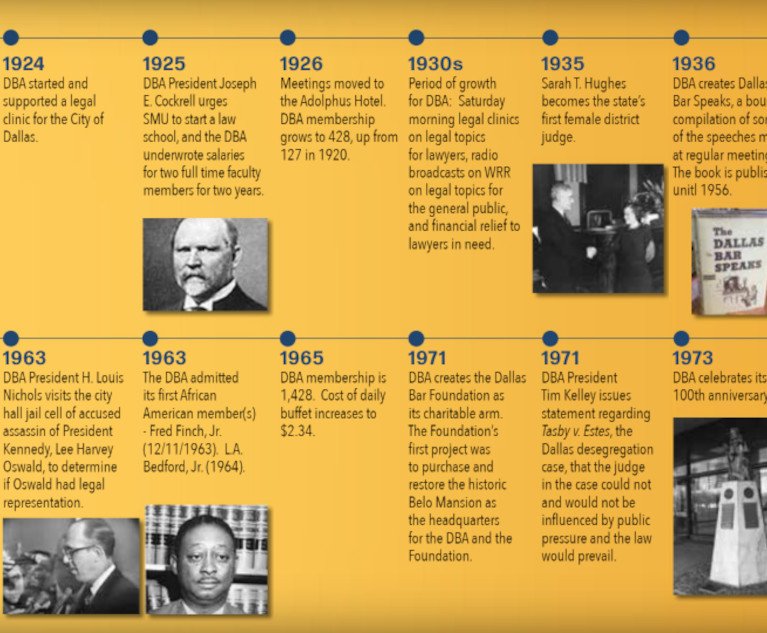For decades now, law professors, judges, and bar leaders have stressed the importance of civility in the legal profession. Local and state bar associations have adopted civility codes, like our own Texas Lawyer’s Creed, to provide guidance for lawyers in how to conduct themselves in their dealings with opposing counsel, clients, courts, and third parties. In addition, while these codes tend to be aspirational in nature rather than serve as a basis for sanctions, a handful of jurisdictions have made civility mandatory for its attorneys, enforcing this oath through sanctions.
In this article, we will offer to beginning lawyers (and even seasoned lawyers) some thoughts about how incivility can impact fee awards, the imposition of sanctions, and lawyer discipline. Recent cases remind us that a court’s power to reduce attorney fee awards and levy monetary sanctions for a lawyer’s incivility is much to be feared. However, the core of the court’s analysis in those situations is the same as what the disciplinary arm of the organized bar addresses, but the courts do not sanction based on disciplinary rules. Rather, the courts employ sanction authority provided by procedural rules, statutes, and “inherent powers.”


 (Photo:Shutterstock.com)
(Photo:Shutterstock.com)




